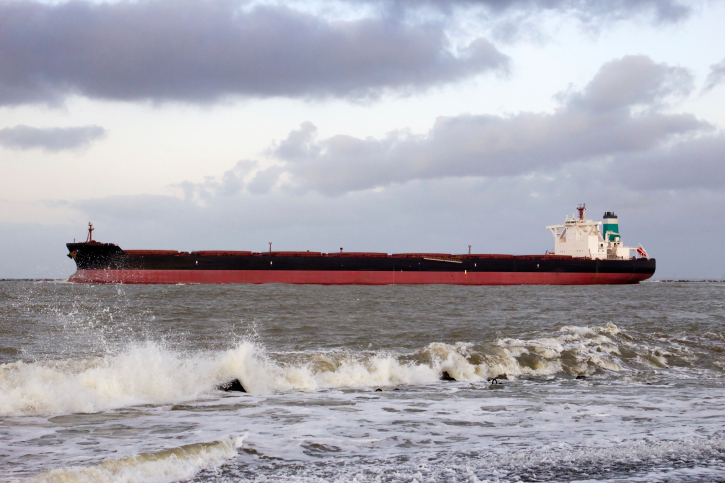
Independent oil refiner Valero Energy Corp. (NYSE: VLO) and Canada-based pipeline operator Enbridge Inc. (NYSE: ENB) have been granted licenses from the U.S. Commerce Depart to re-export crude oil imported into the U.S. from Canada. The license is valid for 12 months.
According to an exclusive Reuters report, Valero has been given a license to re-export a “limited amount” of imported Canadian crude back to its refineries in Canada. The license also allows the company to export crude to the United Kingdom, but a Valero official said the economics currently don’t justify the practice. Instead the crude will be used to supply the company’s Quebec refinery which has been unable to receive crude shipments by rail due to severe weather.
While the Valero license is relatively routine, the deal with Enbridge is less so. In the last year, the Commerce Department’s Bureau of Industry and Security — the agency responsible for U.S. export control — has issued eight licenses to re-export oil to European nations: three to the U.K.; four to Italy; and one to Germany. Those were the first permits the Bureau has issued since 2008 according to Reuters’ research.
According to an Enbridge spokesman the company plans to re-export less than 1.5% of its total shipment of 2.4 million barrels a day into the U.S. (about 36,000 barrels). The Enbridge spokesman told The Wall Street Journal that the export license offers the “additional flexibility and optionality our customers have requested to enable them to respond to rapidly changing market conditions and opportunities.”
Traders expect Enbridge to ship about 40,000 metric tons of crude from ports in Texas later this month. That’s about 290,000 barrels headed for refineries in Italy and Spain.
By U.S. law every drop of re-exported oil must come from the country of origin — Canada in this case — and all the diluent used to thin the crude so it can flow through pipelines must also have originated in Canada. Reuters notes that “a number” of other companies already have licenses to re-export Canadian crude, but none plans to use the licenses until the U.S. re-examines its export laws.
The big question, of course, is whether or not the licenses granted to Valero and Enbridge indicate that the U.S. is going to loosen its restrictions on crude exports in place since the Arab oil embargo of the 1970s. President Obama has not weighed in on the issue yet and Congress is divided as usual. Any change would require legislative action and the President’s signature.
In any event, U.S. crude producers already been exporting a barely-refined product that is as near pure crude oil as legally allowed.
Want to Retire Early? Start Here (Sponsor)
Want retirement to come a few years earlier than you’d planned? Or are you ready to retire now, but want an extra set of eyes on your finances?
Now you can speak with up to 3 financial experts in your area for FREE. By simply clicking here you can begin to match with financial professionals who can help you build your plan to retire early. And the best part? The first conversation with them is free.
Click here to match with up to 3 financial pros who would be excited to help you make financial decisions.
Have questions about retirement or personal finance? Email us at [email protected]!
By emailing your questions to 24/7 Wall St., you agree to have them published anonymously on a673b.bigscoots-temp.com.
By submitting your story, you understand and agree that we may use your story, or versions of it, in all media and platforms, including via third parties.
Thank you for reading! Have some feedback for us?
Contact the 24/7 Wall St. editorial team.



